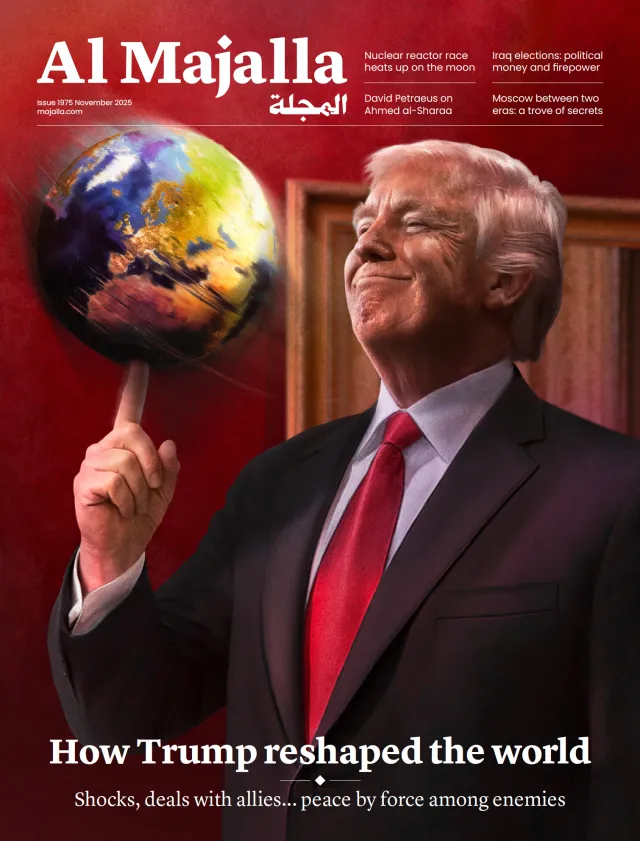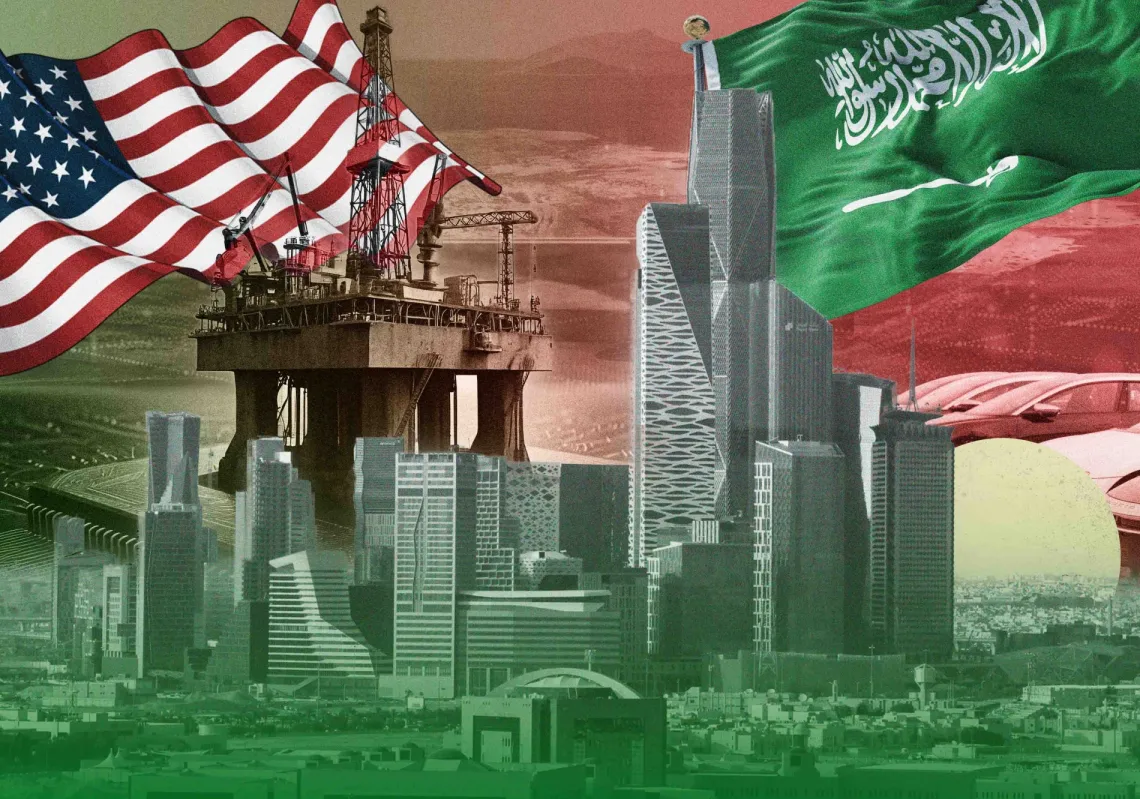Paul Krugman
Penguin Books 2008
Paul Krugman's book, The Return of Depression Economics, is an overview of various economies at different points in history. Krugman’s aim is to answer two main questions that have been troubling the minds of economists, politicians and lay people alike: how can we escape the current financial crisis? And what can we do in order to prevent such crises from happening in the first place?
Krugman begins by exploring in detail different reasons for which the "Great depression" occurred in the 1930's and what we should have learnt from it but unfortunately didn't. Krugman also examines the Asian economic crisis in the 90's and the crises of Latin American, Russia and Japan. He explores in detail the different plausible causes that may have led to those crises as well as the different policies that have been employed to deal with them.
The book’s greatest advantage and what clearly sets it apart from other recent books that anlyze the financial crisis, is its simplicity. This book uses simple language, so that it may convey its message to economics connoisseurs as much as it can to the interested reader. You will not find undecipherable economic dilemmas here. In fact, in the introduction of the book the author states that his audience should not expect a "solemn, dignified book”. Instead Krugmen declares that the books objectives “are as serious as can be, but the writing will be as silly as the subject demands". With "silly" language and extremely creative examples and thorough explanation, the author makes the book both interesting and easy to understand.
Interestingly, Krugman does not address the financial crisis of 2008 as a single incident, but instead links what happened last year in the financial sector with everything that has been wrong with the economies of the world for years. He further highlights the warning signs and market fluctuations that we may have ignored or underestimated saying "I am tempted to say that the crisis is like nothing we've ever seen before. But it might be more accurate to say that it's like everything we've seen before, all at once".
The author also emphasizes the power of creative ideas. He argues that only in implementing innovative measures will we be able to overcome the current global financial crisis. The implicit argument here is that the real source of the problem we are confronting today is not a result of a lack of resources but rather a lack of understanding of how to prevent future crises.
Krugman concludes that "What the world needs right now is a rescue operation." He believes that reforming the weaknesses of the economic system is essential but that the priority for policy makers should be to deal with the clear and present danger. Additionally, Krugman recommends that in light of financial globalization, advanced countries should cooperate and coordinate together in order to get credit flowing and prop up spending – an undoubtedly difficult task. Only once the recovery is successful will it be an appropriate moment for reforming the system.
While this recommendation is surely sound Krguman fails to consider the importance of political clout for confirming reform. That is, although most everyone agrees that reform is necessary now when the crisis is fresh in our memories, will this still be the case once the economy is more stable?







